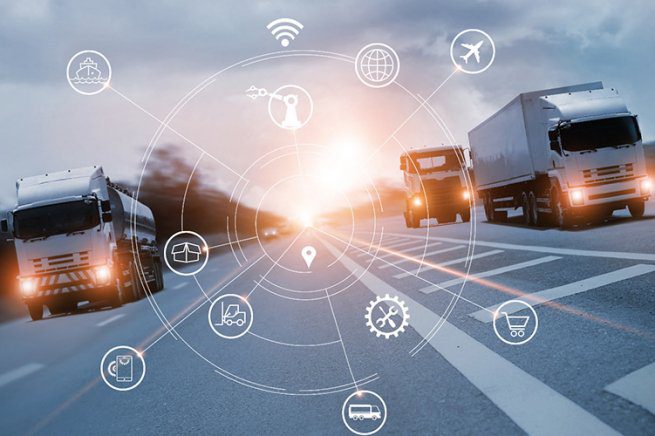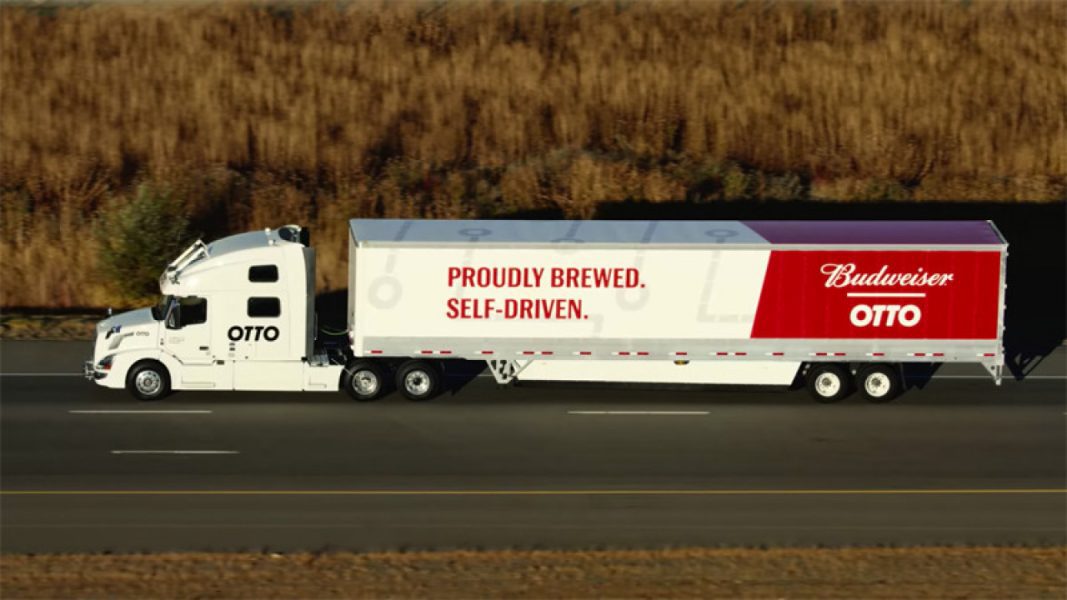
Autonomous driving because logistics will be faster
At the media level, it often seems that I technical progress the world of transportation ranks second in comparison to the world of cars. In fact, we know very well that this is not the case, many technologies today diffuse on automobiles (from NOX filters with urea used in diesel engines to some safety devices) has passed long before “heavy».
The same goes for autonomous driving: if today many cars can boast of level 2 assistance systems (the only one recognized today by road traffic regulations in many countries, including Italy), freight transport and logistics it is actually far ahead in experiments
Already on the road
Many major heavy vehicle manufacturers, from Mercedes-Benz Trucks to Volvo Trucks and Scania, have already started pilot programs with small fleets on pre-defined routes and have even built prototypes. without cabin... However, road tests have so far been limited to short distances, mostly pre-set in areas with little traffic. In the U.S., one of the few countries where advanced levels of autonomous driving are allowed.
The technological limit is still represented by infrastructures: in order to achieve full efficiency, it is actually necessary that communication is developed not only between ships, but also between vehicles and infrastructure in order to be able to Monitoring reliable and punctual movement (not only the cars themselves). Which currently makes it impossible to use autonomous vehicles in urban traffic, even if there is research for possible short-term applications in pedestrian areas, with electric vehicles scheduled for retail deliveries.

Also for this reason, the bulk of the experimentation at the moment concerns the processing of goods within closed areas such as construction sites, logistics warehouses and port facilities where traffic is restricted and controlled. Some manufacturers, such as Nissan, have begun using unmanned prototypes to move components within factories, which is useful for model development. Artificial Intelligence able to coordinate the movement of several vehicles and calculate the optimal route to connect stations.
Towards "independent" transport
Autonomous driving of heavy vehicles is also seen as a possible solution to the problem. lack of drivers which negatively affects the sector in comparison with the increase in traffic. It is no coincidence that even non-manufacturing service companies are interested in autonomous driving for logistics in line with Google e Uberwho, with the help of agreements and acquisitions, have come close to the development complex solutions.
